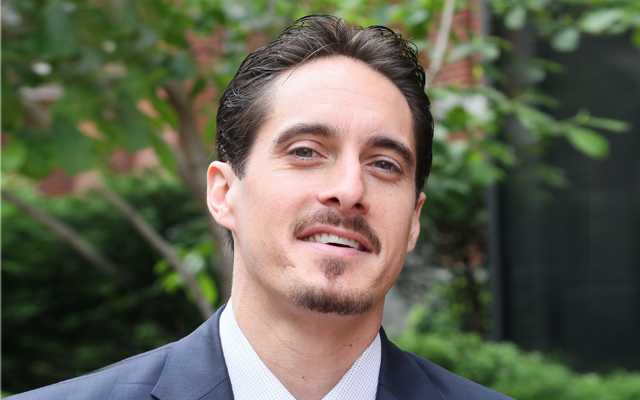A leader in sustainability expertise, boutique consulting firm Greenview advises organisations and companies in the tourism and hospitality sector. Founder and CEO Eric Ricaurte speaks about hard-to-swallow pills for the industry
Where do the sustainability measures taken by Asian tourism and hospitality players currently stand?
This field is constantly changing, as hotels have to keep addressing emerging issues like plastic and waste.
Overall, the big trend we have seen is hotel companies beginning to look at sustainability and social responsibility from a corporate standpoint… Before, it was somewhat piecemeal or focused on what could be done at each property separately.
Those in the region that have already developed robust platforms are now taking further steps (across) their supply chains and setting goals (covering broader and deeper measures).

How well are the active players in the region performing on this front?
Everyone is doing some aspects well (with room for improvement). (We hope to see) those who come out of this crisis and continue on their path to single-use plastic elimination – but who knows how that will turn out given the recent issues our planet is facing.
What would be the optimal way for a hotel to take the lead on sustainability?
Like all businesses, hotels need to…recognise the role they play in destinations and communities via their staff, procurement (processes)and their guests’ spending (habits).
The optimal way is to converge solutions with guest experience. That sounds great but (difficult) in practice. Still, we could use some more critical thought on what guests care about and how to correctly communicate the message.
What more needs to be done in the industry?
(There needs to be) more renewable energy and collaboration. The elephant in the room of climate change is switching to renewable energy, and hotels simply haven’t gone as far as needed to play their part, largely due to systemic issues.
Also, the industry and its various (sectors) should think more about how and where collaboration is possible, so that we aren’t doomed to repeat the same thing when the next pressing issue arises.
For example, it pains me to see how the (issue of) single-use plastic (has) played out in hotels. Pretty much every hotel chain did the same thing: (got) internal teams together; (figured) out what kind of single-use plastic is in their hotels; (identified) how, when and what they could eliminate or reduce; (implemented a series of other measures; before they started) engaging with external initiatives offering solutions.
Hotel associations, hotel chains and consultants could have worked together to figure this out more effectively.
What do you believe would help push hotels towards a higher level of sustainability?
Hotels tend to be very reactive. The real way to drive sustainability is for governments to issue policies and requirements to address sustainability in hotel buildings and operations; for guests and corporate customers or planners to request and demand more in this area as part of their decision-making; and for distribution channels to provide more content…to help (hotels make) informed decisions. Once these levers are activated, hotels will jump on board much more quickly and broadly, and learn from each other.
Instead of being purely reactionary and part of a chain reaction, how can hotels step up?
By not placing the responsibility on other entities. Within the industry, the single biggest change that needs to happen is to integrate sustainability into the process of hotel development and investment.
The asset-light model that allowed chains to grow, coupled with the basic premise of real estate appreciation that hotels could tap into, created this systemic challenge where most of the solutions require longer-term thinking, scale and investment, but ownership is too fragmented and (owners) often (have) different business objectives from the hotel’s operator and/or brand.
We dived into this in 2015 with broader sustainability movements of needing deeper targets to reduce environmental impact, and to address it we launched the Hotel Owners for Tomorrow Coalition with two dozen other entities to address this gap.
As we peeled (back the layers of this issue), we started to see the systemic challenge: in hotel deals, nobody was talking sustainability until the operator came in, which by then was too late. Many in the value chain were disincentivised from bringing it up.
To push for higher sustainability, the industry’s various players that are involved in hotel development and investment need to start talking about sustainability, and get owners really interested in it so they can start proactively seeking it as part of their investment and operator selection.




















